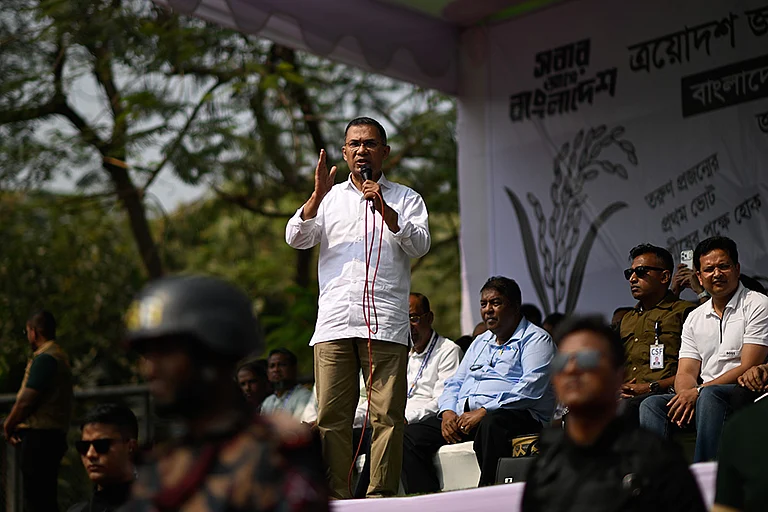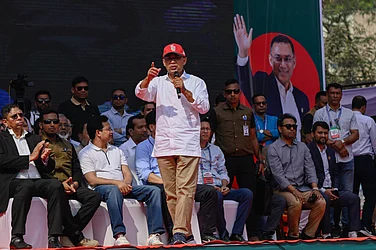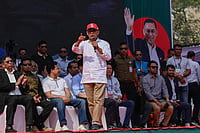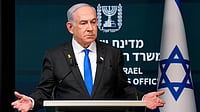An overwhelming majority of youth believes that India allows them to be free but also maintains that gender-based restrictions and issues with free speech are the biggest hurdles in the full enjoyment of freedom, according to findings of Outlook-Toluna Youth Survey.
The findings, based on 1,804 interviews in the form of self-filled questionnaires, showed that 82 per cent participants said India allows them to be free. Ten per cent participants said India does not allow them to be free and 7 per cent said they could not say either yes or no.
While 82 per cent people overall said they find India free, only 78 per cent women participants said so.
The participants were given the following list of freedoms and were asked to answer which one defined freedom to them:
- Freedom of speech and expression without worrying
- Freedom is about no gender discrimination at home or work-place
- Freedom is about living life without the constant fear of getting lynched or moral policed on the streets
- Freedom is about choosing the career of my liking
- Freedom of every person to worship God in his or her own way
- Freedom to choose my own life partner
- Freedom to wear clothes of my choices rather than worrying on how society will judge me
- Freedom to eat anything anytime as per my own choices
"Twenty-six per cent mention that they cannot exclude any expressions from the definition of freedom as each of them is a symbol of freedom," reported the Outlook-Toluna survey.
Two aspects of freedom that participants rated the highest were freedom of speech (39 per cent) and freedom from gender discrimination (38 per cent). However, there was a gender-based distinction in the participants' response on the these counts.
The survey found that women rated freedoms of speech (45 per cent), freedom from gender discrimination (at 43 per cent), and freedom from lynching or moral policing (at 42 per cent) "significantly higher" than both the all-India average and the priority that men attached to these freedoms. The percentages among men for these freedoms was 33 per cent, 34 per cent, and 34 per cent respectively.
Such a gender-based difference in the responses was also observed in the freedom to wear clothes of your choice. At 39 per cent, women rated it significantly higher than men at 30 per cent.
Overall, among all age-groups surveyed, the 18-21 rated all freedoms significantly lower whereas the 26-30 age-group attached a significantly higher priority to freedoms of speech; freedoms from gender disrimination, lynching-moral policing; and freedoms of choosing career and worshipping in their own way.
On the role of education in ensuring freedom, the majority of participants at 62 per cent said it's a must. Twenty-four per cent said it's "somewhat essential" and 15 per cent said it does not have any role in ensuring freedom.
Scores for the essentiality of education to ensure freedom are significantly higher amongst women, noted the survey report.


























